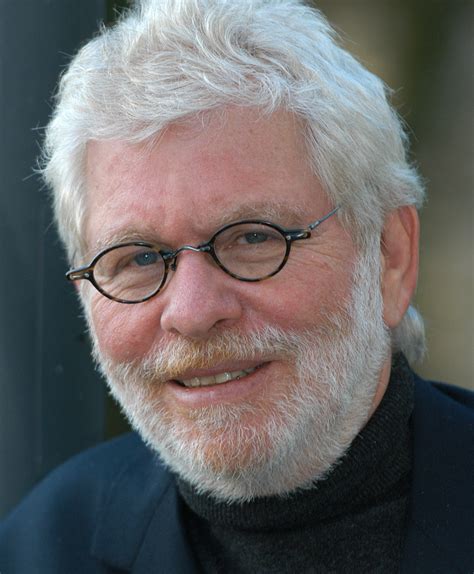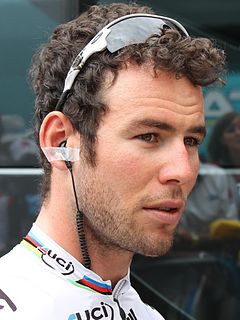A Quote by Warren Buffett
Investors should remember that their scorecard is not computed using Olympic-diving methods: Degree-of-difficulty doesn't count. If you are right about a business whose value is largely dependent on a single key factor that is both easy to understand and enduring, the payoff is the same as if you had correctly analyzed an investment alternative characterized by many constantly shifting and complex variables.
Related Quotes
Value investing is simple to understand but difficult to implement. Value investors are not supersophisticated analytical wizards who create and apply intricate computer models to find attractive opportunities or assess underlying value. The hard part is discipline, patience, and judgment. Investors need discipline to avoid the many unattractive pitches that are thrown, patience to wait for the right pitch, and judgment to know when it is time to swing.
Value investors will not invest in businesses that they cannot readily understand or ones they find excessively risky. Hence few value investors will own the shares of technology companies. Many also shun commercial banks, which they consider to have unanalyzable assets, as well as property and casualty insurance companies, which have both unanalyzable assets and liabilities.
I value my education, but I cannot put a value on it. I know it has been worth some money to me - I don't think 'The Post' would have hired me if I had lacked a degree - but I probably could have earned about the same if I had stayed in the insurance business, where I worked while going to college at night.
Successful investors tend to be unemotional, allowing the greed and fear of others to play into their hands. By having confidence in their own analysis and judgement, they respond to market forces not with blind emotion but with calculated reason. Successful investors, for example, demonstrate caution in frothy markets and steadfast conviction in panicky ones. Indeed, the very way an investor views the market and it’s price fluctuations is a key factor in his or her ultimate investment success or failure.
Either it is true that a medicine works or it isn't. It cannot be false in the ordinary sense but true in some alternative sense. If a therapy or treatment is anything more than a placebo, properly conducted double-blind trials, statistically analyzed, will eventually bring it through with flying colours. Many candidates for recognition as orthodox medicines fail the test and are summarily dropped. The alternative label should not (though, alas, it does) provide immunity from the same fate.
The key to teaching anything is to remember what it was like not to understand that thing. That's a very hard thing to do. Every time you come to understand something you didn't understand before, you are transformed. You become a different person from who you were before. The key to teaching someone else to understand that same thing is to remember your former, untransformed self. If you can do that, I think you can teach anything, even physics.
The key to investment success is emotional discipline. Making money has nothing to do with intelligence. To be a successful investor, you have to be able to admit mistakes. I trained a guy to trade who had a 188 IQ. He was on "Jeopardy" once and answered every question correctly. That same person never made a dime in trading during 5 years!
To invest successfully, you need not understand beta, efficient markets, modern portfolio theory, option pricing or emerging markets. You may, in fact, be better off knowing nothing of these. That, of course, is not the prevailing view at most business schools, whose finance curriculum tends to be dominated by such subjects. In our view, though, investment students need only two well-taught courses - How to Value a Business, and How to Think About Market Prices.






























